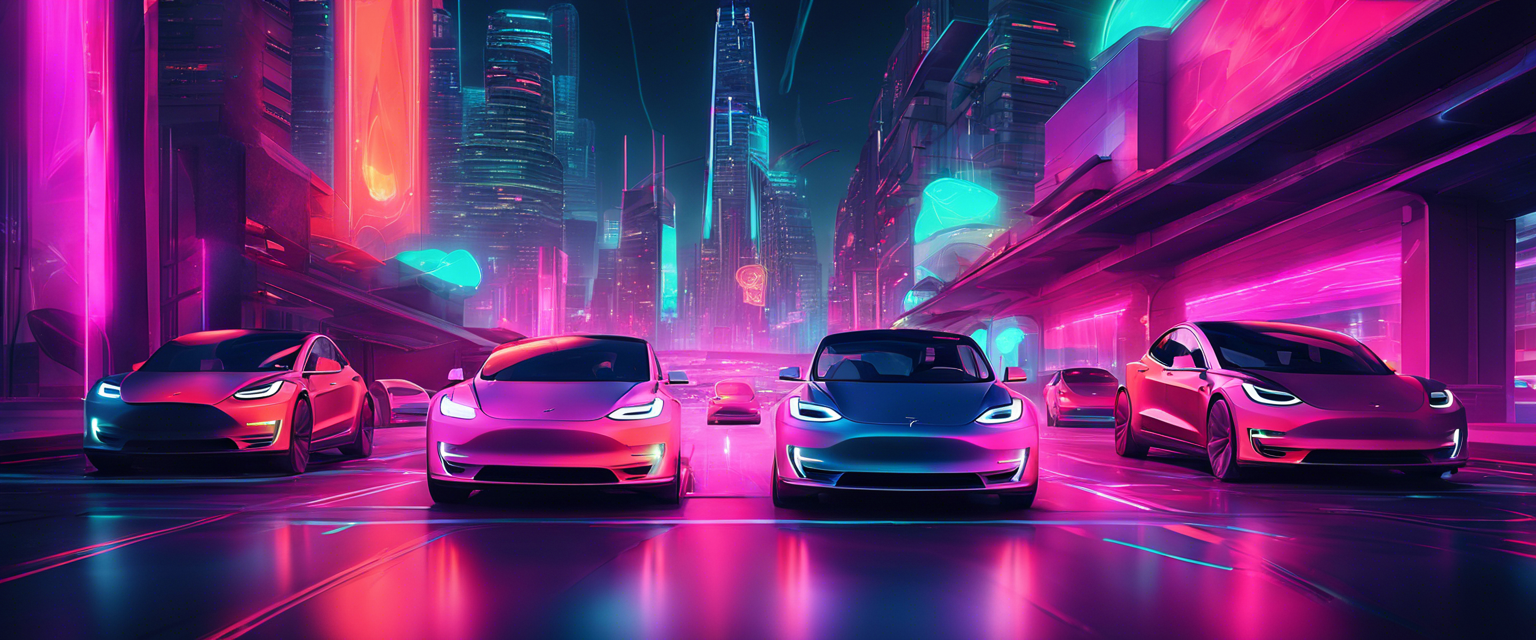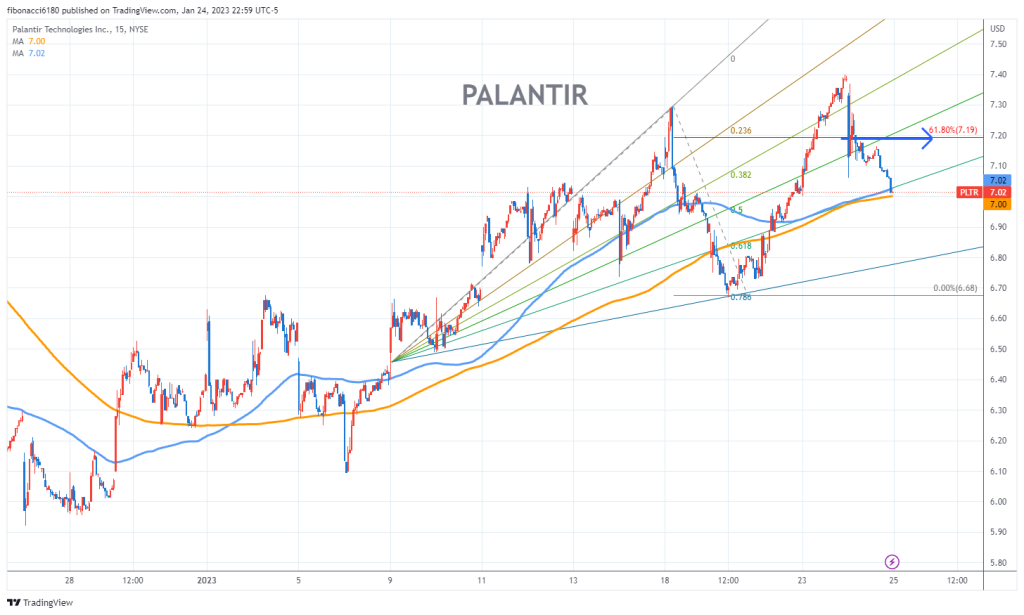How US Economic Policies Affect Elon Musk's Wealth And Tesla's Future

Table of Contents
Impact of Tax Policies on Elon Musk's Wealth and Tesla's Profitability
Changes in US tax policies have a direct and significant effect on both Elon Musk's personal wealth and Tesla's bottom line. Understanding the economic impact on Tesla, in this context, is crucial.
Capital Gains Taxes: A substantial portion of Musk's wealth is tied up in Tesla stock. Therefore, fluctuations in capital gains tax rates directly impact his net worth.
- Mechanics: Capital gains taxes are levied on profits from the sale of assets like stocks. Higher rates reduce the after-tax return on investment, potentially discouraging stock sales.
- Investment Decisions: Changes in capital gains tax rates can influence Musk's investment decisions, potentially leading to holding onto Tesla stock longer or altering his investment strategy in other ventures. The uncertainty surrounding future tax rates adds another layer of complexity.
- Impact on Tesla's Stock Price: Investor sentiment regarding capital gains taxes can impact Tesla's stock price, creating volatility and influencing Musk's overall wealth. A perceived increase in capital gains tax rates might trigger sell-offs, impacting the market capitalization and share price. For example, a sudden increase could lead to a market correction.
Corporate Tax Rates: Tesla's profitability is directly influenced by corporate tax rates. These rates affect the company's ability to reinvest profits, fund research and development (R&D), and expand its operations globally.
- Reinvestment and Growth: Lower corporate tax rates allow Tesla to reinvest a larger portion of its profits back into the business, fostering innovation, expansion, and job creation.
- Global Competitiveness: Corporate tax rates influence Tesla's competitiveness against global rivals. Higher rates in the US might make it less attractive to invest in Tesla compared to other countries with lower tax burdens.
- Impact on Musk's Wealth: Tesla's profitability, directly impacted by corporate tax rates, directly influences the value of Musk's Tesla stock holdings, impacting his overall net worth.
Influence of Monetary Policy on Tesla's Growth and Valuation
The Federal Reserve's monetary policy significantly impacts Tesla's growth and market valuation.
Interest Rates and Investment: Interest rate adjustments influence the cost of borrowing for Tesla and the overall investment climate in the electric vehicle (EV) sector.
- Access to Capital: Higher interest rates increase the cost of borrowing, potentially making it more challenging for Tesla to finance its expansion plans, including new factory construction and R&D initiatives. Lower rates, conversely, make borrowing cheaper and stimulate investment.
- Bond Issuances: Tesla's ability to issue bonds at favorable rates is directly affected by prevailing interest rates. High rates increase the cost of debt financing, affecting the company's financial flexibility.
- Impact on Valuation: Interest rate changes influence investor sentiment and overall market valuations. Higher rates can lead to a decrease in Tesla’s stock valuation, whereas lower rates could support higher valuations.
Inflation and Consumer Spending: Inflation affects consumer purchasing power and demand for Tesla vehicles.
- Raw Material Costs: Inflation increases the cost of raw materials used in Tesla's manufacturing process, impacting production costs and profitability.
- Affordability of EVs: Rising inflation reduces consumer purchasing power, potentially dampening demand for high-priced electric vehicles like Tesla's.
- Government Intervention: The government might introduce subsidies or tax credits to stimulate EV adoption and counteract the negative impact of inflation on consumer demand.
Government Regulations and Subsidies Shaping Tesla's Future
Government regulations and subsidies play a critical role in shaping Tesla's future.
Environmental Regulations: Stringent environmental regulations and government incentives for EV adoption are key drivers for Tesla’s market position.
- Emission Standards: Stricter emission standards incentivize the adoption of EVs, boosting Tesla's market share.
- Government Incentives: Tax credits and subsidies for EV purchases directly increase consumer demand for Tesla vehicles.
- Manufacturing and Sales Strategies: Regulations concerning battery production, charging infrastructure, and vehicle safety directly influence Tesla’s manufacturing and sales strategies.
Infrastructure Investments: Government investments in charging infrastructure are essential for the widespread adoption of EVs and Tesla's long-term success.
- Public Charging Networks: The expansion of public charging networks directly benefits Tesla by expanding the potential market for its vehicles and reducing range anxiety among consumers.
- Tesla's Supercharger Network: Government investment in complementary charging infrastructure could either support or potentially compete with Tesla’s Supercharger network strategy.
- Market Dominance: Government policies that favor the development of a robust public charging network might either reinforce or challenge Tesla's market dominance.
Conclusion
US economic policies, encompassing taxation, monetary policy, and government regulation, significantly shape both Elon Musk's personal wealth and Tesla's future prospects. The interplay between these factors is complex and dynamic, requiring continuous monitoring and analysis. Understanding the intricate relationship between US economic policies and companies like Tesla is crucial for navigating the future of the automotive industry and the broader economy. Keep following our updates to stay informed on how US economic policies continue to shape this dynamic landscape.

Featured Posts
-
 Can Lam Gi De Ngan Chan Bao Hanh Tre Em Sau Vu Viec O Tien Giang
May 09, 2025
Can Lam Gi De Ngan Chan Bao Hanh Tre Em Sau Vu Viec O Tien Giang
May 09, 2025 -
 Palantir Stock In 2025 Potential Growth And Investment Risks
May 09, 2025
Palantir Stock In 2025 Potential Growth And Investment Risks
May 09, 2025 -
 Trump Unlikely To Remove Tariffs Senator Warners Assessment
May 09, 2025
Trump Unlikely To Remove Tariffs Senator Warners Assessment
May 09, 2025 -
 Stephen King 5 Books Every Fan Should Have Read
May 09, 2025
Stephen King 5 Books Every Fan Should Have Read
May 09, 2025 -
 Vaer Forberedt Pa Vintervaer Kjoreforhold I Sor Norges Fjell
May 09, 2025
Vaer Forberedt Pa Vintervaer Kjoreforhold I Sor Norges Fjell
May 09, 2025
Latest Posts
-
 Is Wynne And Joanna All At Sea Worth Reading A Critical Review
May 09, 2025
Is Wynne And Joanna All At Sea Worth Reading A Critical Review
May 09, 2025 -
 Wynne Evans Go Compare Future Uncertain After Strictly Scandal
May 09, 2025
Wynne Evans Go Compare Future Uncertain After Strictly Scandal
May 09, 2025 -
 Singer Wynne Evanss Cosy Date Following Bbc Meeting Delay
May 09, 2025
Singer Wynne Evanss Cosy Date Following Bbc Meeting Delay
May 09, 2025 -
 Wynne And Joanna All At Sea A Detailed Analysis
May 09, 2025
Wynne And Joanna All At Sea A Detailed Analysis
May 09, 2025 -
 Go Compare Advert Star Wynne Evans Removed Following Strictly Incident
May 09, 2025
Go Compare Advert Star Wynne Evans Removed Following Strictly Incident
May 09, 2025
